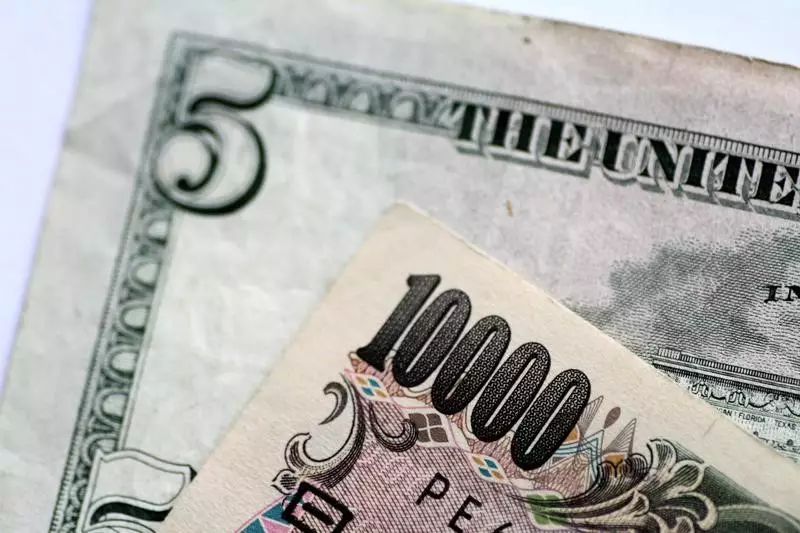On Friday, the Japanese yen reached its most robust position against the U.S. dollar in over a month, driven primarily by unexpectedly high inflation figures from Tokyo. This inflation data not only catches the attention of investors but also solidifies market expectations for a potential interest rate hike by the Bank of Japan (BOJ) in December. The USD/JPY exchange rate saw a notable decline, dropping approximately 1% to hit 150.01 yen per dollar, its weakest point since late October. Such fluctuations are indicative of broader economic indicators that influence monetary policy decisions.
The consumer price index (CPI) data released for November outperformed predictions, suggesting a solidifying trend in inflation that carries implications for the national economy. This Tokyo data serves as a precursor to broader national inflation trends and fuels discussions on whether the BOJ will maintain a hawkish stance in its monetary policy. Recent polling conducted by Reuters showed a prevailing sentiment among traders that the central bank is likely to implement a 25 basis point increase during December’s monetary policy meeting.
BOJ Governor Kazuo Ueda has made comments reiterating the bank’s commitment to tightening monetary policy, emphasizing a “virtuous cycle” marked by rising wages and stable inflation. Analysts from ING have expressed that this combination of accelerating inflation and consistent recovery in economic activities significantly raises the likelihood of additional rate adjustments within the next month. Such a move would mark the BOJ’s third rate hike in 2024, following a significant policy shift that ended nearly a decade of negative interest rates.
This new direction is primarily fueled by a notable uptick in wages throughout the year, which, in turn, has bolstered private sector spending and contributed to rising inflation. Analysts from UBS have also weighed in, anticipating that wage growth may persist into 2025, potentially leading to even further rate increases from the central bank.
Furthermore, it is crucial to note how the BOJ is expected to step in to stabilize the yen, which has faced significant pressure from a markedly stronger U.S. dollar throughout November. The ongoing discussions about rate hikes reflect a broader attempt to restore investor confidence in the Japanese currency, potentially mitigating its losses in the currency markets.
However, these prospects are met with cautious optimism as Japanese stocks faltered in response to anticipated high-interest rates. The Nikkei 225 index experienced a decline of 0.7%, while the broader TOPIX index dropped by 0.6%. This market retreat highlights the volatility that often accompanies shifts in monetary policy and the corresponding investor sentiment regarding economic stability.
The recent inflation data not only strengthens the yen but also sets the stage for significant decision-making by the BOJ in the upcoming months. The interplay between inflation, wage growth, and interest rates will continue to shape the economic landscape in Japan, making it a critical area for investors and analysts to watch closely.

